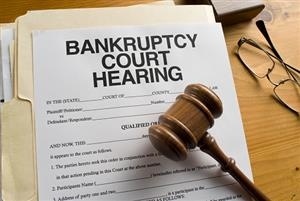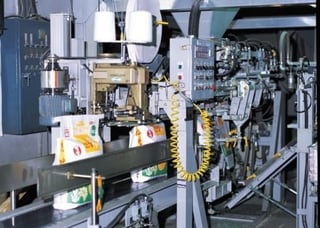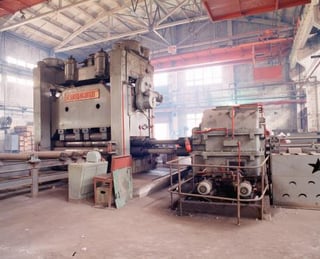
Anyone who is facing bankruptcy knows how agonizing the process is. You lose all control over your assets, being allowed to only retain a small portion of what you originally owned. You're asked to provide documentation of the value of material possessions, just to find that the documentation provided often doesn't meet the needs of the court system or the financial companies involved. Fortunately, there is one way you can document values to protect your interest in your assets - equipment valuation.
Facing Bankruptcy: How Equipment Appraisals Help Verify Asset Value
But why would an equipment appraisal hold up better than documentation from a common book of value, such as a Kelley Blue Book? General value guides will provide you with the information needed to value an asset in general terms, not specific ones. If you've taken exceptional care of your machinery, you don't want it lumped in with the same value provided to poorly kept equipment. You want it to be valued fairly, which is how equipment is valued during an appraisal. Another reason why certified equipment appraisal reports hold up better in court is the neutrality of the appraiser. Because the appraiser is a neutral third party, they're not going to gain anything by creating a false value. This, in turn, gives stronger credence to your report's validity.
Furthermore, when you work with a certified equipment appraiser, you gain the benefit of their knowledge. When an appraiser goes through the certification process, he or she has the opportunity to learn what methods are acceptable in which situations. The methodology used in valuing equipment for salvage or when waiting for the perfect buyer can vary greatly, and that's taken into account when the appraiser learns their trade during the certification process. For that reason, they already know what the proper valuation method is for the situation and can apply it properly in their valuation process.
Though liquidation value is the most commonly used approach to equipment valuation, it's not the only one that is allowed by the bankruptcy code. Other methodologies that are commonly applied include value in use, net realizable value, value in trade or any number of additional valuation methodologies may also be used, depending on your situation. Because a certified machinery appraiser is aware of the nuances of different appraisal approaches, they're in the best position to provide you with good advice as to the right methodology for your situation.
Once they've finished valuing your equipment, appraisers will document the method they used and any aspects of the machinery that impacted that value. This can include kits or expansions you added after the fact that still meet the manufacturer's specifications, the exceptional condition of your very well well maintained machinery or the high or low demand for your machinery in the industry or market as a whole. Because they've documented the entire process and have used proven methodologies in their calculations, their appraisal report will stand up well in court, with financial circles or any other organization involved in the process.
When you're facing a bankruptcy and want to ensure you're getting a fair shake on your equipment values, an equipment appraisal can go a long way towards securing your interests during the process. By taking the time to have an equipment valuation performed now, you can better protect yourself from being taken advantage of during this difficult time.



